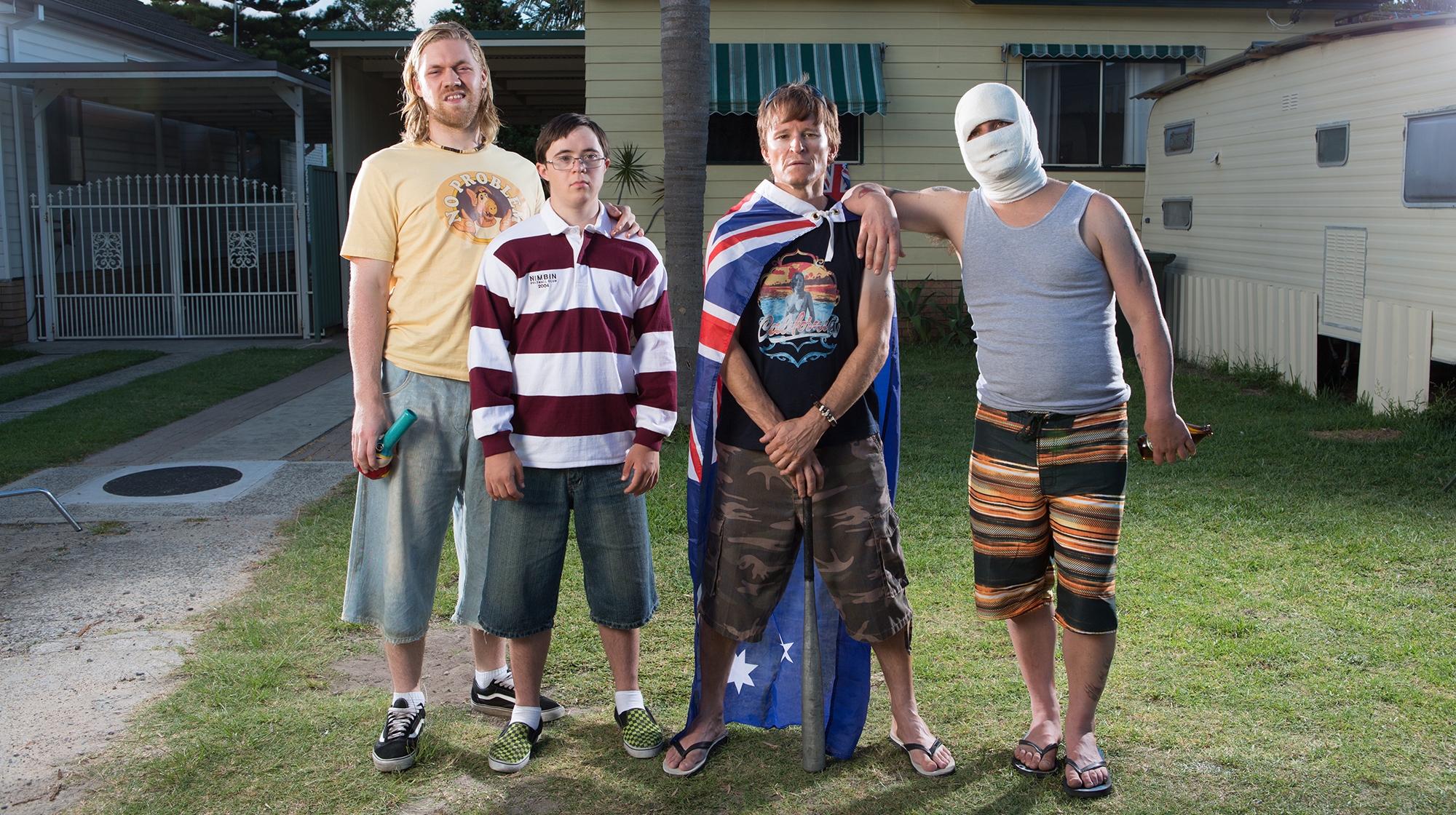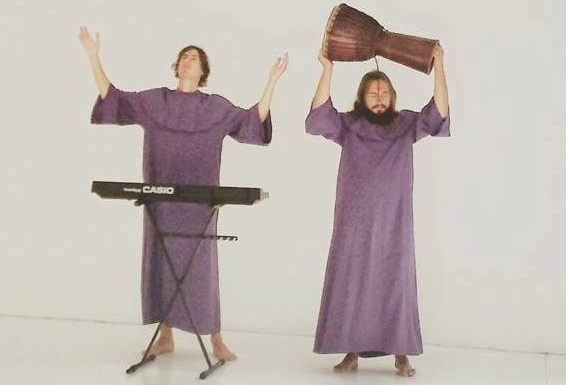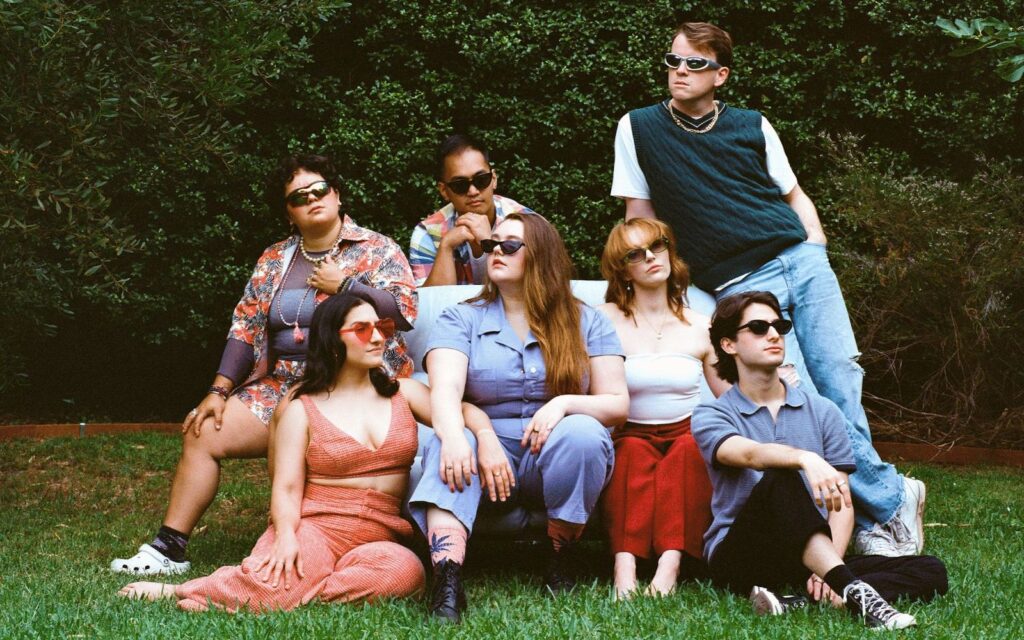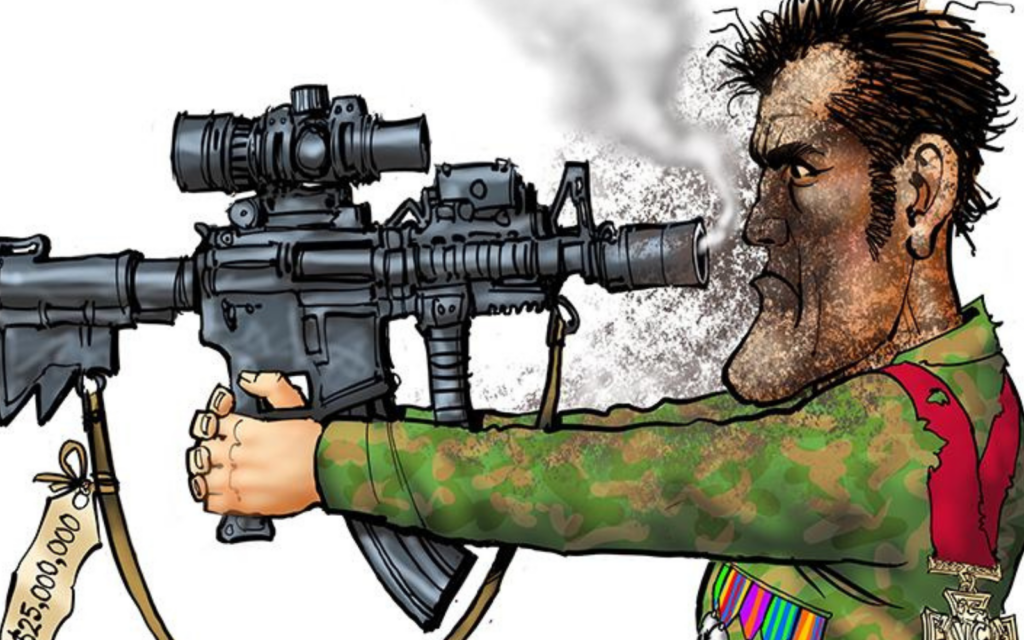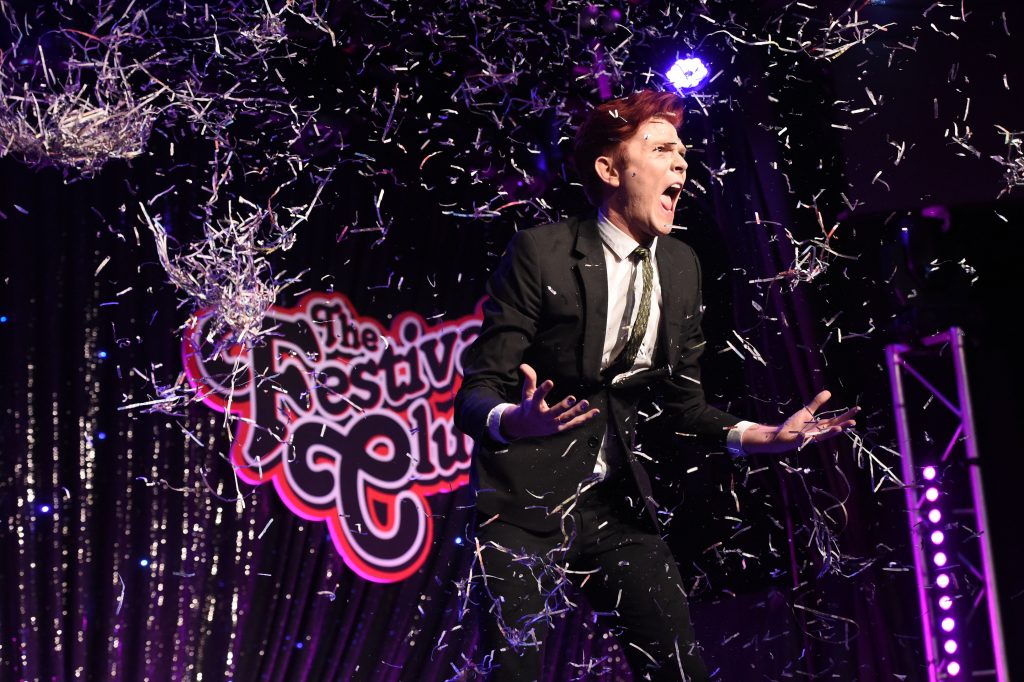He’s chosen a controversial topic – racism – and set the film in the aftermath of the infamous Cronulla riots, which happened just over a decade ago. The film opens with actual footage from that ugly, violent day and it’s a disturbing reminder of how serious this issue was and, unfortunately, continues to be. “The climate we find ourselves in now, it’s more relevant than ever,” he says of the script he wrote six years ago and further polished with over ten drafts.
Bearing in mind the thorny nature of the topic, it’s perhaps an even greater feat that he, along with his multi-cultural cast, have created one of the funniest, most relentlessly laugh out loud films in recent memory. Finding the humour in such a heavy topic, without trivialising it, is testament to Forsythe’s skill as both writer and director. Moreover, it’s a good example of how comedy, when used expertly, can be a powerful tool for examining the darker corners of humanity.
So, given how well the film was received both at MIFF and after its world premiere at the Sydney Film Festival, what does he mean that some exhibitors don’t want us seeing this film? We’re now 35 floors up, and Forysthe has swapped the suit from the gala with the obligatory film director baseball cap for a full day of media in a hotel conference room. Rather than again being flanked by his entire cast, which includes Rahel Romahn, Damon Herriman, Harriet Dyer, Alexander England, Marshall Napier and David Field, he just has leading man Lincoln Younes with him.
“There are a lot that really are backing us, but then we have some key ones that have said there’s no audience for this movie, it shouldn’t have been made and it’s morally reprehensible,” says Forsythe of his issues with local exhibitors. “What I’ve found out is that some people can’t tell the difference between a movie that portrays morally reprehensible behaviour and a movie that endorses that behaviour, because this movie condemns that behaviour but some people just see ‘offensive behaviour’ and can’t see the difference. But if I’m facing opposition from people that feel like nobody should see this movie, then what hope does anyone have releasing an Australian movie?” he says.
Forysthe is referring to how much positive media coverage the film has had, how much online discussion it’s already generated, how diverse the cast is and how socially relevant and topical the themes are. Ticks in all the right boxes.
“You can not like something but you can at least appreciate that it’s been made for an audience and is significant enough because of the time we live in and the message that it conveys.”
While the film might have a few opponents in key gatekeepers, it is certainly whipping up its fair share of support online. “In the last 24 hours we’ve had hundreds of thousands of traffic on our Facebook page to view our trailer and lots of people tagging their friends, saying ‘we’ve got to see this’, and interestingly, a lot of Middle Eastern and Asian people are saying it looks hilarious. So to reach an audience like that with an Australian film is hard at the best of times,” says Forsyth.
For Younes, who will be familiar to viewers of Home and Away and Love Child, he relished the opportunity to play Hassim, one of the Muslim characters. “The script – I’d never read anything like it. I thought it was flawless. I’d always wanted to work with Abe and for me, you’re very fortunate if you can do any job in this industry, but to have a role that has a lot of importance and is topical and speaks to you and has the propensity to change how society might look at things, it’s kind of a dream role,” he says. Here’s hoping they can enjoy a dream run with it as well.
BY JOANNE BROOKFIELD
